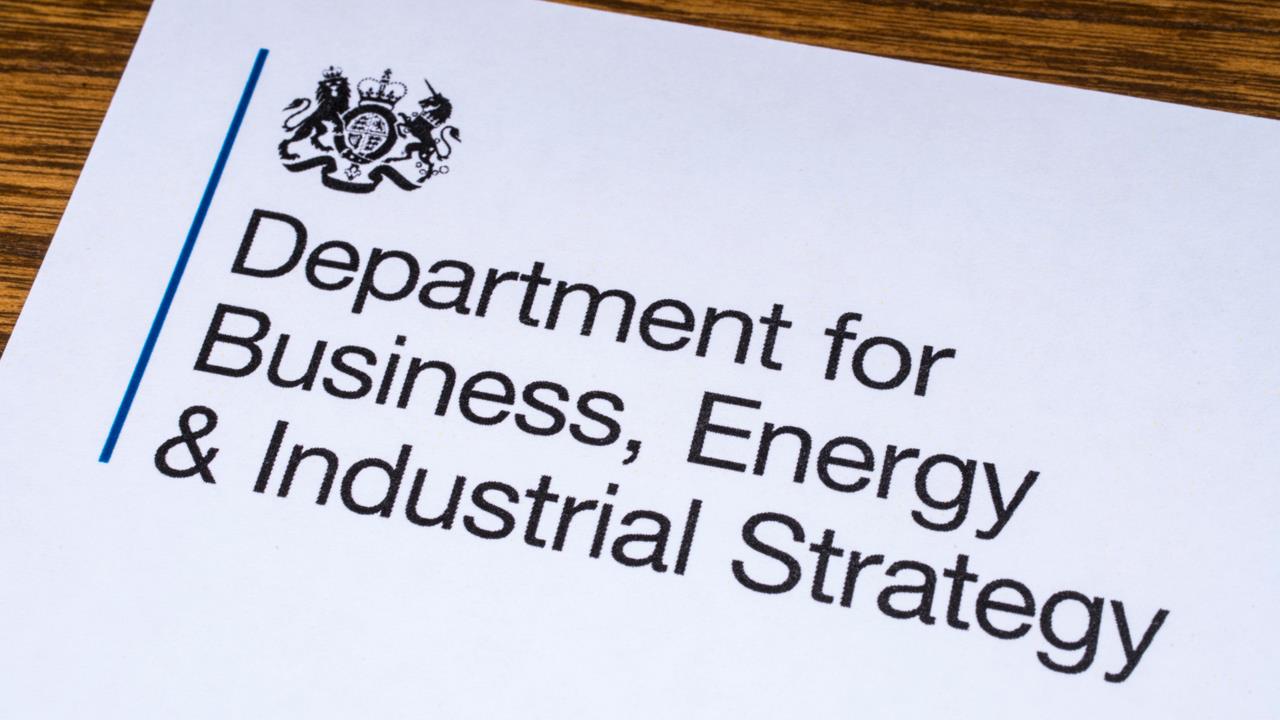

The Department for Business, Energy & Industrial Strategy (BEIS) has extended the window for applications to the Non-Domestic Renewable Heat Incentive (RHI) because of delays caused by COVID-19.
After an initial notice issued on 30 June regarding changes to RHI scheme, a number of respondents highlighted that there were existing non-tariff guarantee eligible projects that would likely struggle to apply for accreditation before the Non-Domestic RHI closure deadline of 31 March 2021, as a result of COVID-19 related delays.
In response to this, BEIS now intends to make further changes to the Non-Domestic RHI, in order to aid those non-tariff guarantee eligible projects that have invested capital into project development that will not be able to accredit to the scheme prior to its closure. These projects will be afforded an additional six months after scheme closure (on or before 30 September 2021) to submit a properly made full application for accreditation, providing that they submit to the scheme during a window opening March 2021 an ‘extension application’.
This will be a new form of application for accreditation with evidence requirements, to be specified in the regulations, to show that the project was under development prior to the publication of this notice. It is expected that the evidence requirements will be similar to those of a full application for accreditation with some key exceptions, such as removing the requirement for evidence that a plant has been commissioned.
As part of the extension application, there will be an additional requirement for evidence that the applicant had invested capital in the project prior to the publication of this notice, in order to ensure that this measure is targeted at those most in need of aid as a result of COVID-19 related delays.
This route is intended to be available to non-tariff guarantee eligible Non-Domestic RHI installations. As such it will exclude:
If you'd like to keep up-to-date with the latest developments in the heating and plumbing industry, why not subscribe to our weekly newsletters? Just click the button below and you can ensure all the latest industry news and new product information lands in your inbox every week.